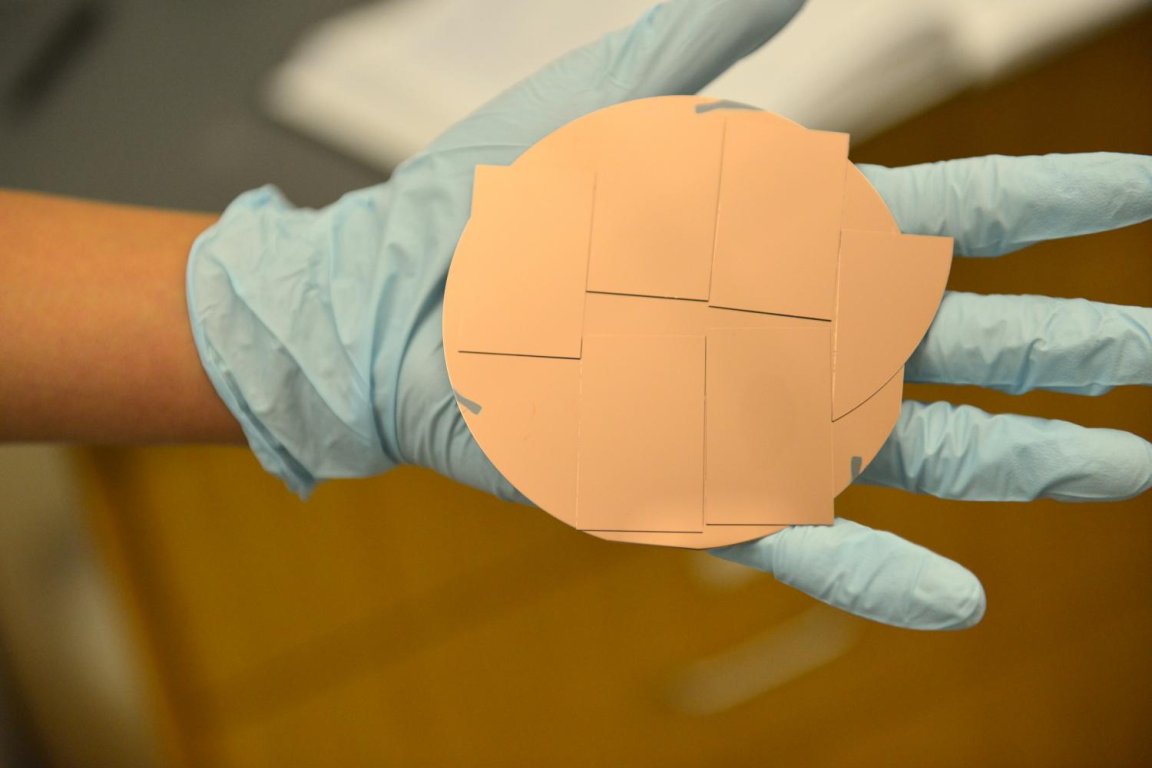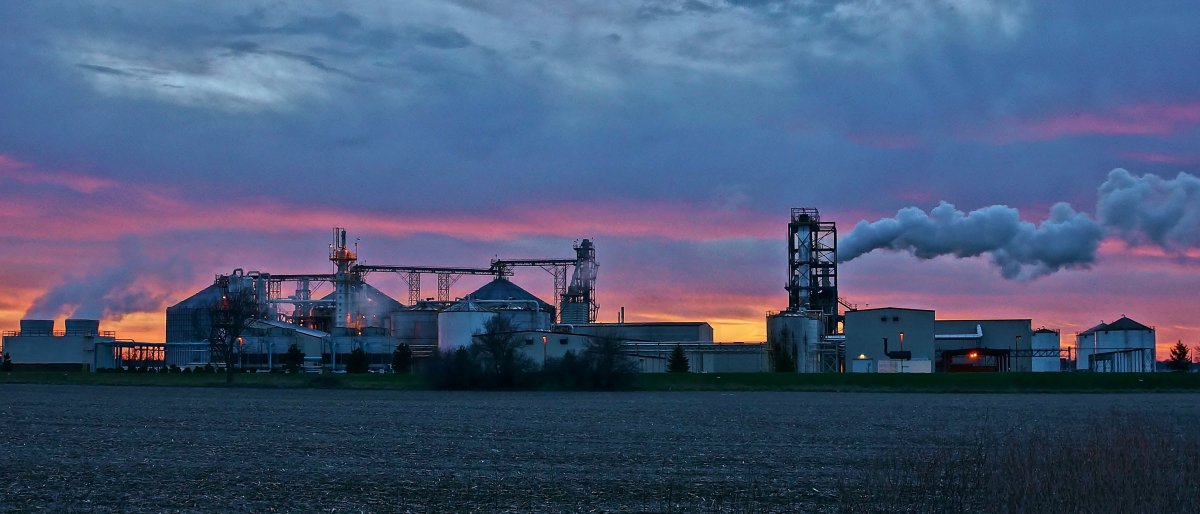
Reinventing Biofuel
Electric vehicles (EVs) are well on their way to transforming the way we get around every day, but we are still far away from a reality in which they dominate the roads over traditional vehicles. Fortunately, there are scientists working to make the fuel we already use more environmentally friendly.
Ethanol has been introduced as an additive to reduce air pollution from gasoline burning cars while also helping to keep engines cleaner. Current ethanol is derived from corn that grows across millions of acres of farmland in the United States alone. In 2016 alone, American cars consumed more than 14 billion gallons of fuel ethanol.
A team of scientists at Stanford University has discovered a way of producing ethanol that doesn’t require any crops, thus freeing up farmland to produce more food and preventing the need to clear more land for cultivation. Principal investigator Thomas Jaramillo said, “One of our long-range goals is to produce renewable ethanol in a way that doesn’t impact the global food supply.”

Copper Crystals
To accomplish this goal, the team devised a means of converting CO2 into fuels like ethanol and propanol using copper. The team improved on previous experiments by creating larger copper electrodes which measured six square centimeters, 600 times larger than the single crystals of the past experiments. They submerged these electrodes, made of three different types of copper, in water and induced a reaction. One type of copper, called copper (751), fared better at creating liquid fuel products than the rest.
The next steps after this success would be to scale this process for use at an industrial scale. Jaramillo said, “The eye on the prize is to create better catalysts that have game-changing potential by taking carbon dioxide as a feedstock and converting it into much more valuable products using renewable electricity or sunlight directly.”
This discovery could have a major influence on the environment. As we prepare for electric engines to take over, this could be an important piece in mitigating the damage that burning fossil fuels does to our planet.